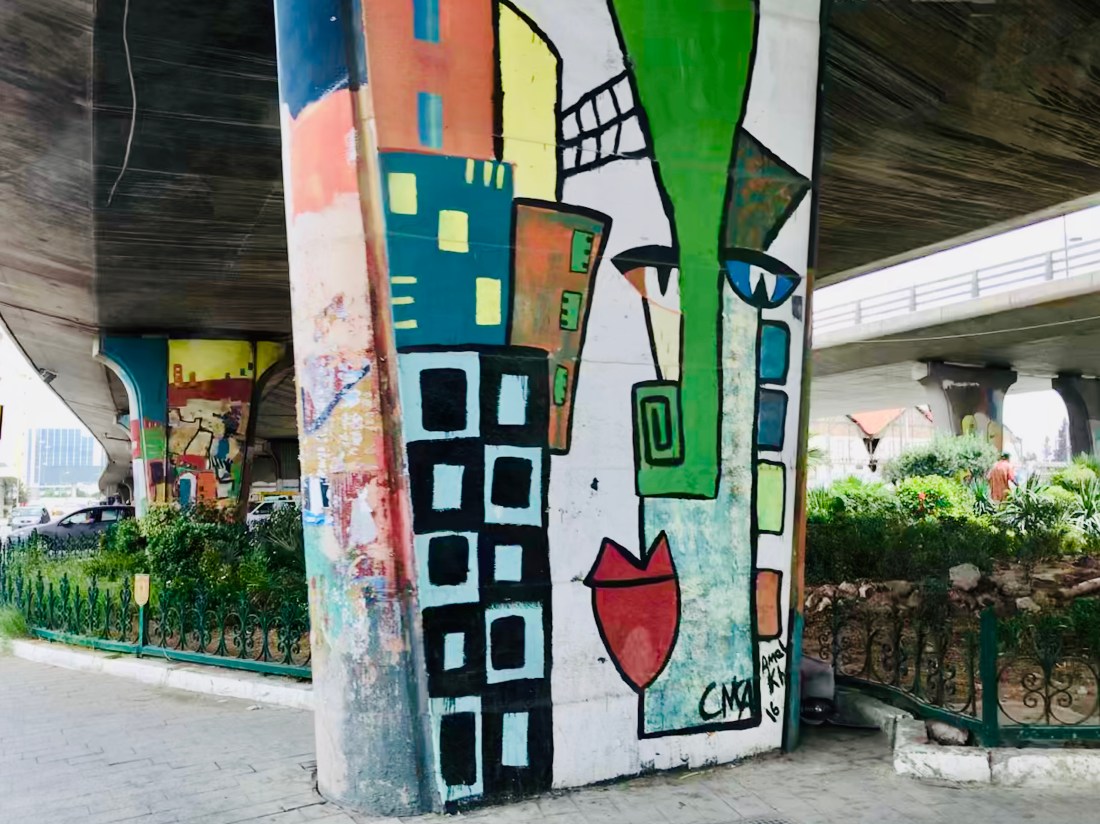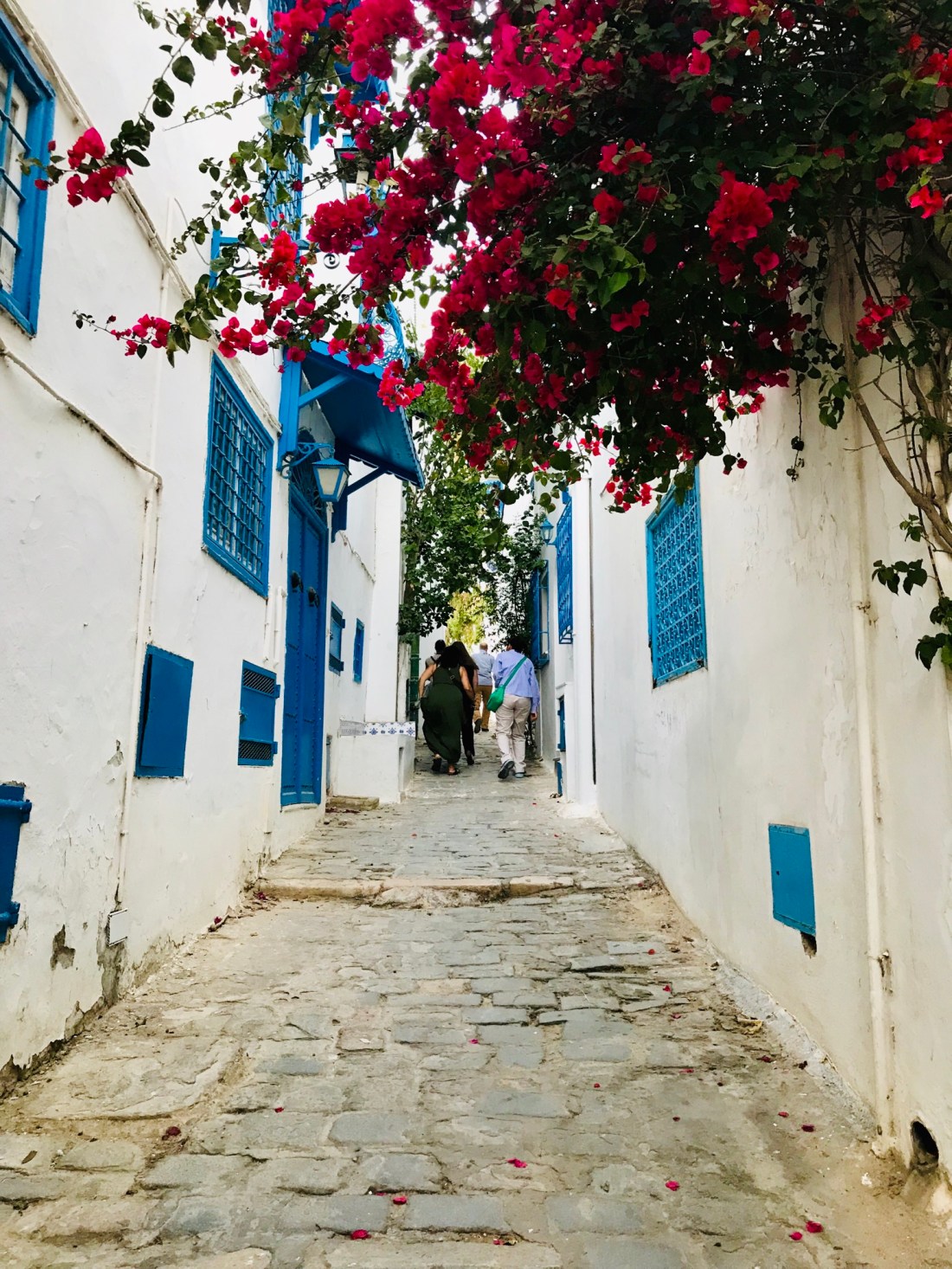It is International Women’s Day and I would like to re-share a journal article that I co-authored with other Instructional Design Female Scholars: https://www.sciencedirect.com/science/article/abs/pii/S0277539518302231
In addition to sharing a link to the article, I am also sharing a short excerpt from the discussion section of the manuscript (which complies with the copyrights set by the publisher). If you would like to get a copy of the full article, I will gladly share it via email.

Significance of this Research
Why are these issues that we present through our stories of significance to the ID field? Because we teach, practice, and research this field. We aim to present our field as a process-based, relational, inclusive, equitable, and transformative community. Yet, instructional design practices, research, and teaching are heavily influenced by the male dominance that permeates higher education institutions. We attempt with this paper to raise awareness, seek understanding, and open the doors for discussion of women’s issues in higher education and the instructional design field. In the past, “feminist approaches to design have problematized a range of taken-for-granted assumptions (Campbell, 2014, pg. 233).” These assumptions continue to marginalize and oppress through our practice. It is a trickle down effect: if some voices being part of the IDT community are ignored, oppressed, and marginalized , how can we expect the outcome of our design, research and teaching experiences to be inclusive, equitable, and transformative? In the global economy, we talk about reaching out to diverse groups of learners. If those diverse groups can be represented in the decision making mechanisms, then, it might be easier to develop empathic relationship with the diversity, we strive to address.
As an attempt to challenge the hegemony of patriarchy in academia, this paper explores gender-related challenges and issues female scholars experience in their lives. The male dominance in academia and socio-cultural roles assigned to females create conflicting roles. As female academics are assigned with a range of social, cultural, and professional responsibilities in a male-dominant context, it is essential that they are provided with support (Misra, Crist, & Burant, 2003). Changing this mental frame is not easy since it is legitimized and encouraged by power dynamics. As a socially-accepted and culturally-valued role, females are supposed to take care of domestic responsibilities first. The role of parenthood and marriage once combined with the gendered and biased institutionalized norms conflicts with the role of a scholar (Acker, 1992). As a potential strategy to solve this problem, it is essential to recognize gender as a social construct that is shaped by the patriarchy to designate social and cultural roles to women as a tool for suppression and marginalization (Acker, 1992); thereby, allowing us to perpetuate these inequalities that we have been trying to overcome (Valian, 1998).
To make matter worse, the lack of collaboration among the female academics aggravates the practical impacts of these anomalies. Women’s issues are an important part of the female academic identities that are embodied and situated in a social and cultural discourse dictated by the dominant socio-political forces through the gender, power, and context sensitive knowledge creation process (Nightingale, 2003). It is vital for female academics to have an open forum in which they can share their experiences and insights on women’s issues, and triangulate the silences and incompatibilities across the settings. It is important to raise skepticism concerning the neutrality of the knowledge creation through the practice of normal science, and uncover the silenced and empowered voices by the hegemonic forces situated in a social context (Vaivio & Sirén, 2010).










You must be logged in to post a comment.